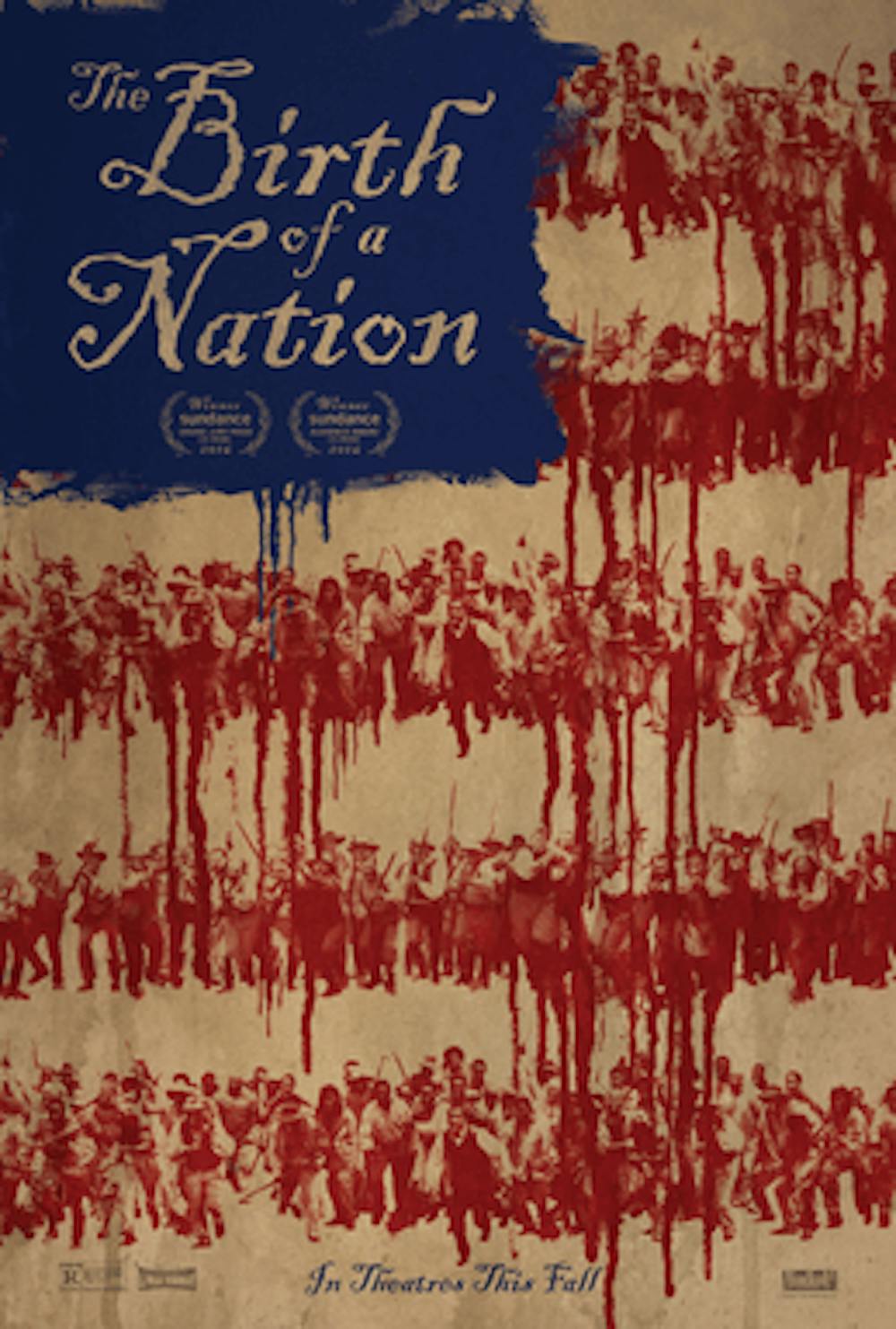Nate Parker’s “The Birth of a Nation” opens around a fire. Around the fire sits a group of slaves cloaked in a thick blue light and spectral dust. The elder of the circle exhorts the slaves to follow young Nat Turner, who carried a birthmark deemed auspicious by ancient African tradition.
The scene, with an otherworldly quality permeating the whole film, could be fully set in Turner’s atavistic imagination, partially, or in reality. “The Birth of a Nation” occurs in this juncture between imagination and reality. This film is about the triumph of a moral vision over brutal realities.
The Turner of this film exists in a society where slaves are — in the film, literally — force-fed customs. His community’s African roots are decaying, as his closest ancestors to have lived in Africa are two generations removed. In place of this comes Turner, a literate slave who was ordered to teach his fellow slaves of the supposed Gospel message of slavery. Turner is carefully educated for the job, with no exposure to books “for white folks” and exclusive study of the Bible.
A particularly gripping scene presents two slave-masters looming over Turner, who meekly preaches to a crowd of frightened slaves huddling at the back of a dingy barn: “There’s treasure in heaven from submitting.” This all points to a disturbing reality of slavery often ignored by Hollywood. It was not only a system of physical brutality, but often of psychological control. This is not to say violence is ignored in the film. The film’s violence is casual and ubiquitous. Slave bodies are literally left to rot in the street, heeded by no one but the film’s camera.
This violence, however, fails to fully move Turner until his wife is gang-raped by a group of white men. In a precipitous narrative jump, Turner finally realizes that he must “sing to the Lord a new song.” For Turner, this begins the birth of a new nation — a community of slaves united in their claim of personal agency. From this point, Turner’s preaching is as poetic as it is inflammatory.
The film draws on the biblical idea that Turner’s sufferings would only increase the size of his cohort. When Turner is flogged, the film imagines candles emerging behind him symbolizing the community who share in Turner’s suffering. Most powerful, perhaps, is the end of Turner’s rebellion when he is coated in a cloud of gunpowder, resembling the dust of the film’s first scene. A corollary to the old myth, Turner has created a new myth, shaking masters and slaves equally.
“The Birth of a Nation” is at the same time subversive and constructive. Like in the song “Strange Fruit,” to which one of the film’s most gripping sequences is set, the “pastoral scene of a gallant south” with its expanses of cotton and looming spanish moss is the site of lynchings, rape and systematic dehumanization. Even the film’s title, also the title of the highly influential 1915 film glorifying the KKK, points to the civilized tradition of barbarity endemic in American culture.
The film doesn’t exploit, fetishize or wallow in this cruelty but, rather, overcomes it. Its protagonist finds self-respect in a Bible intended to subjugate him and builds his community on blood-soaked leaves. Despite some narrative flaws, this film is important in a way which not many films aspire to be, even films about slavery. It presents the experiences of slaves neither with pernicious euphemisms nor with the demeaning nihilism which robs them of moral conscience, but rather, with radical moral agency. It empowers Nat Turner’s myth and, alongside this, a new generation to carry on his narrative.
Author's note: The film was embroiled in controversy before it was released, even seeing worse than expected performance in the box office, due to rape allegations against Parker for which he was acquitted in 2001. It bears noting that the film itself neither glorifies nor justifies any form of sexual assault. The choice to not see the film on account of this controversy, then, should be read primarily as a boycott of the director himself.





